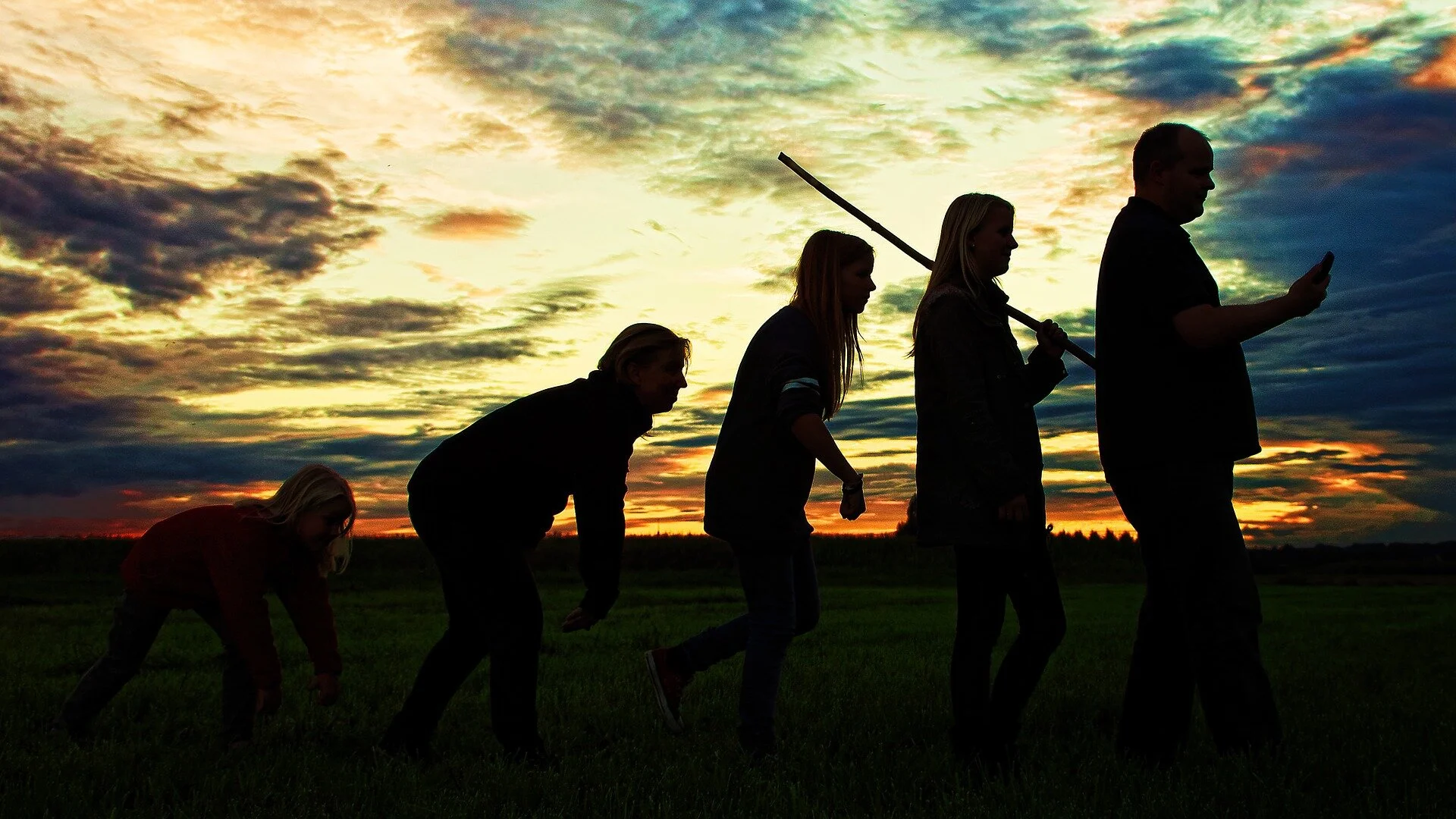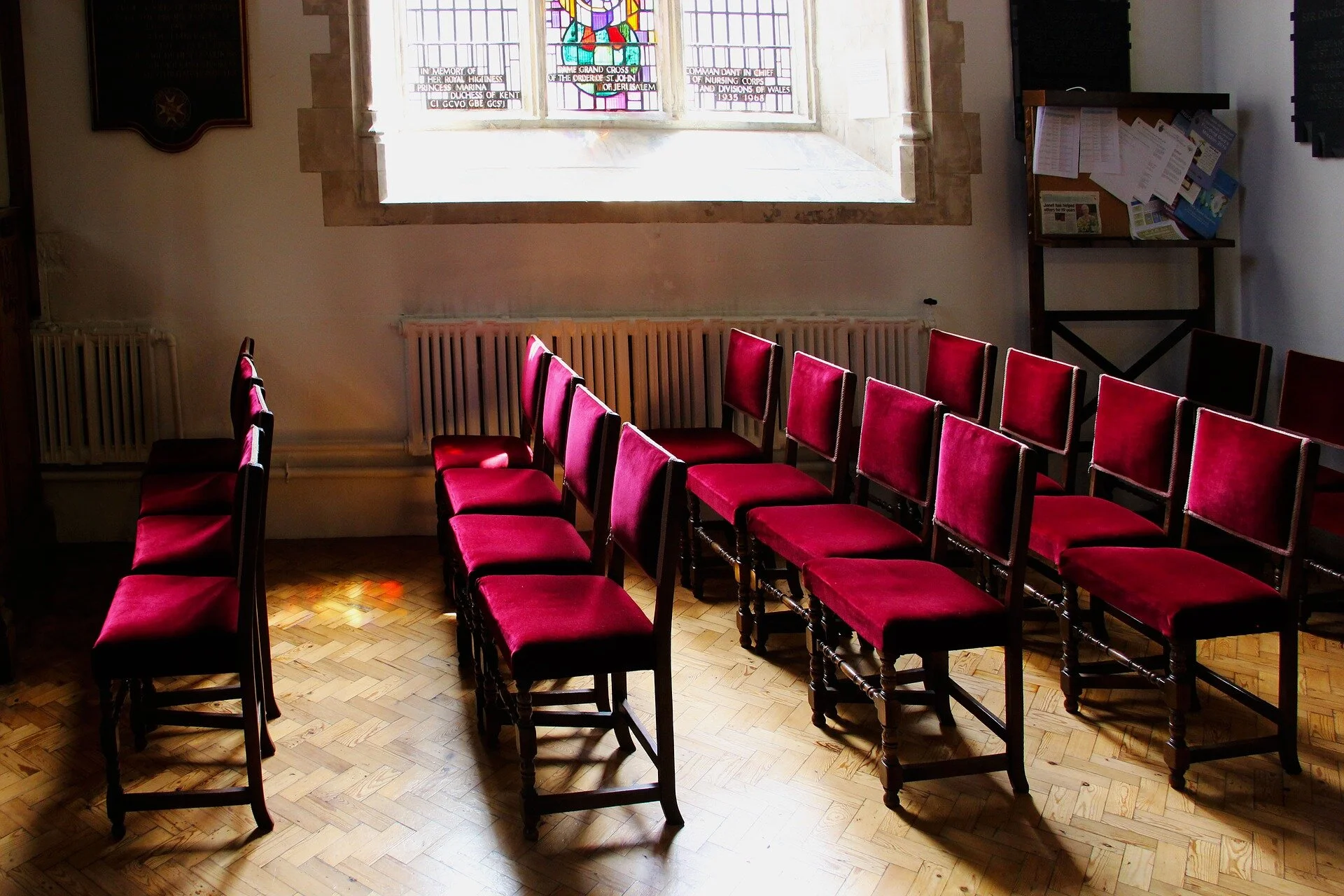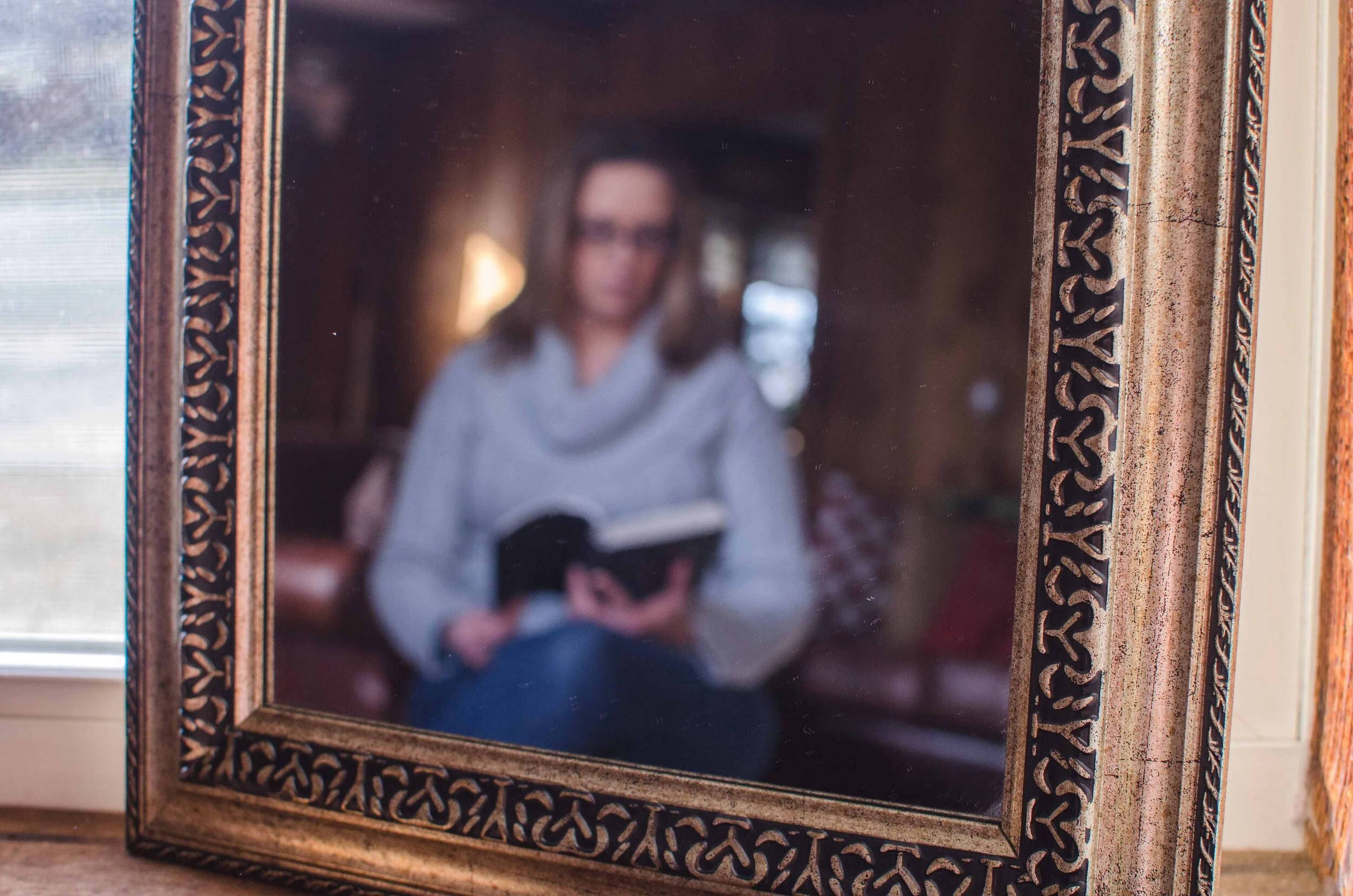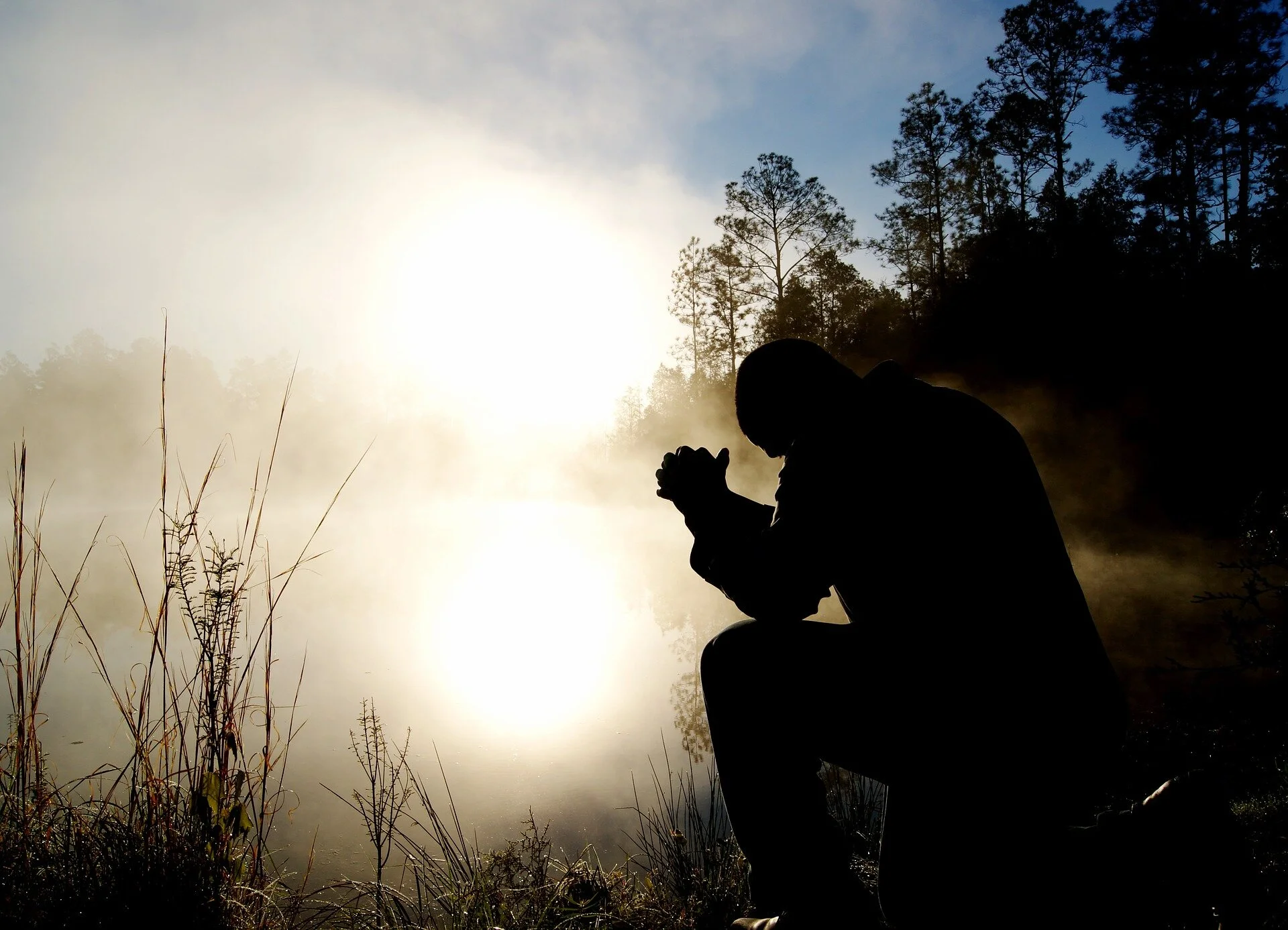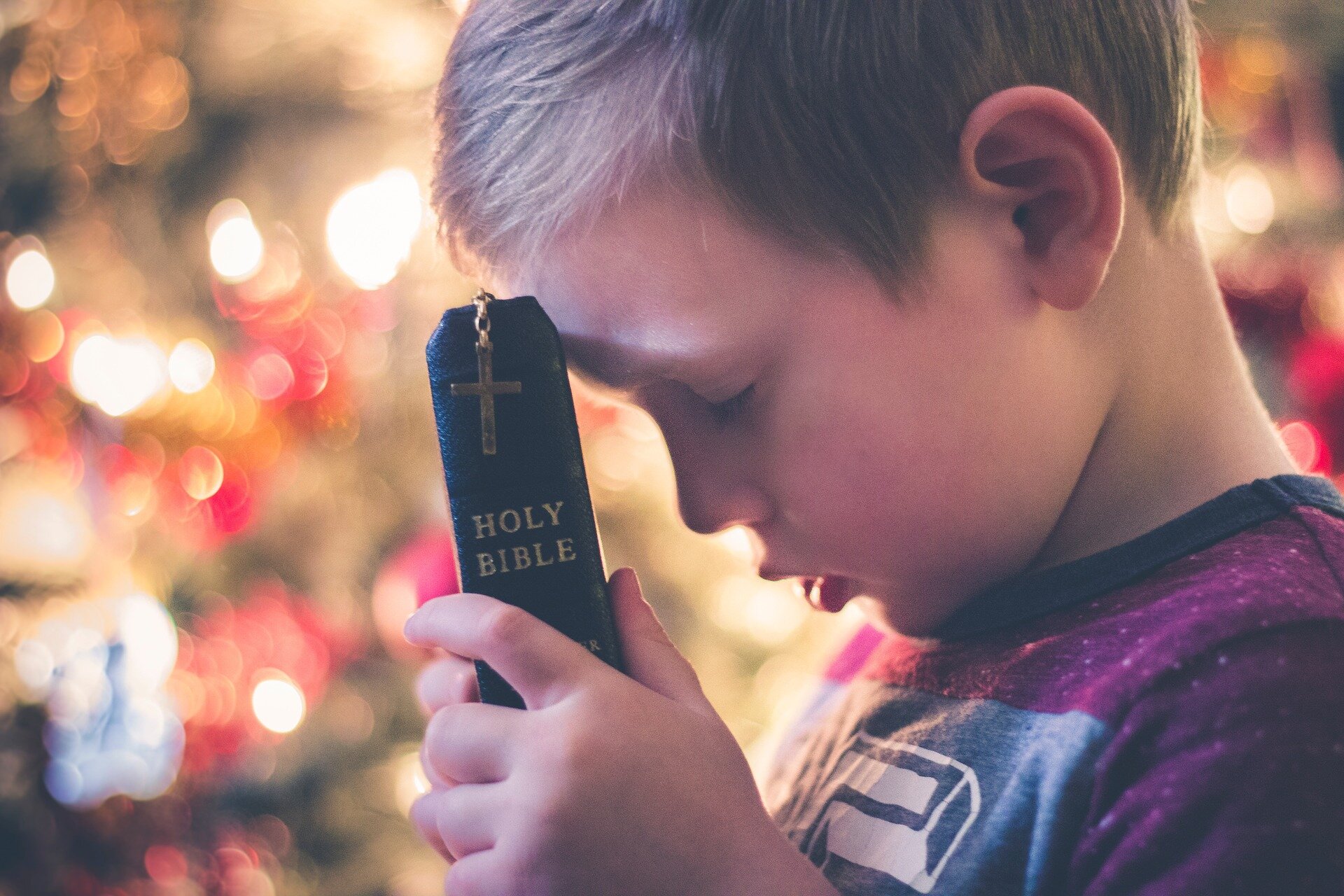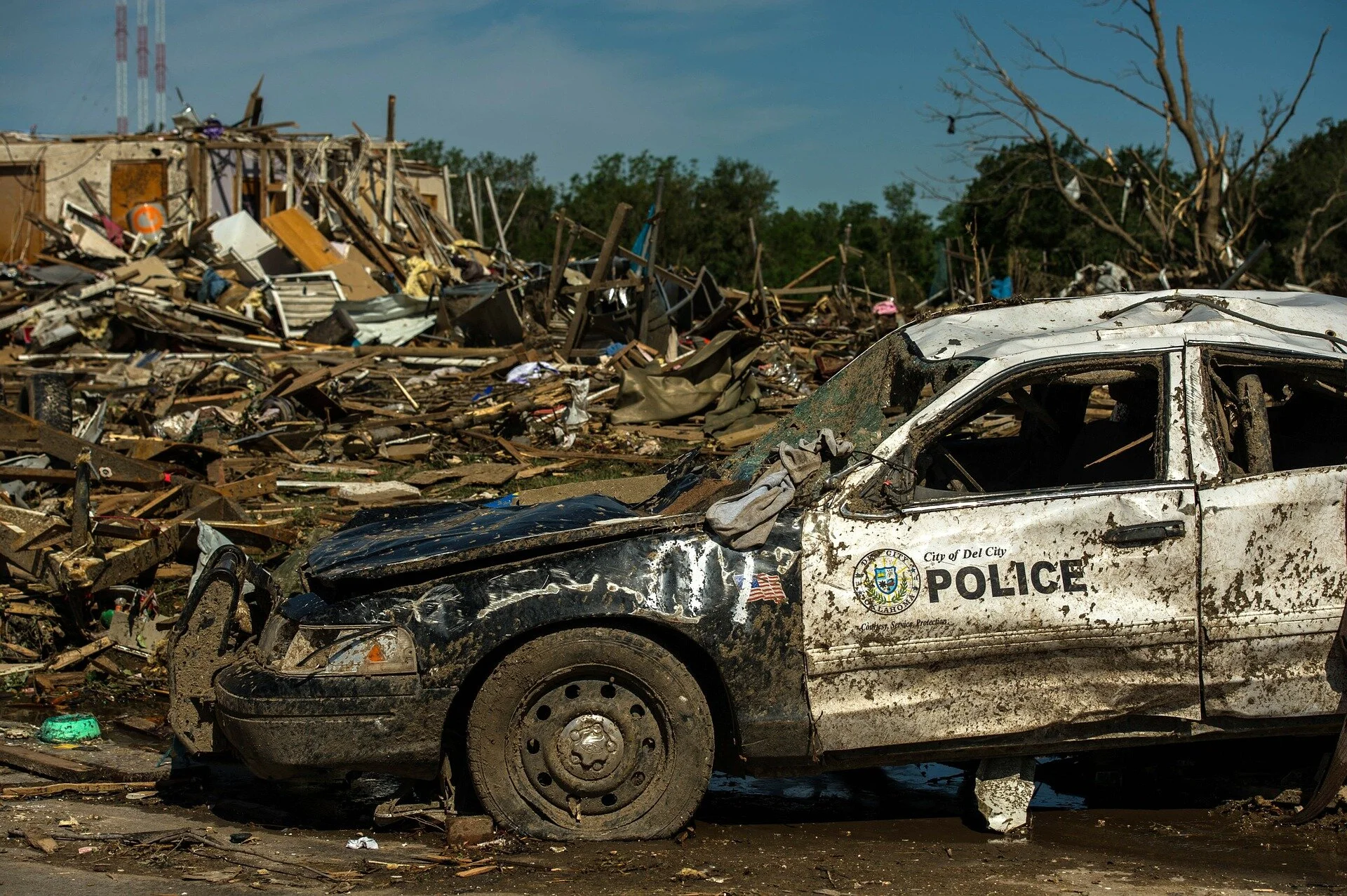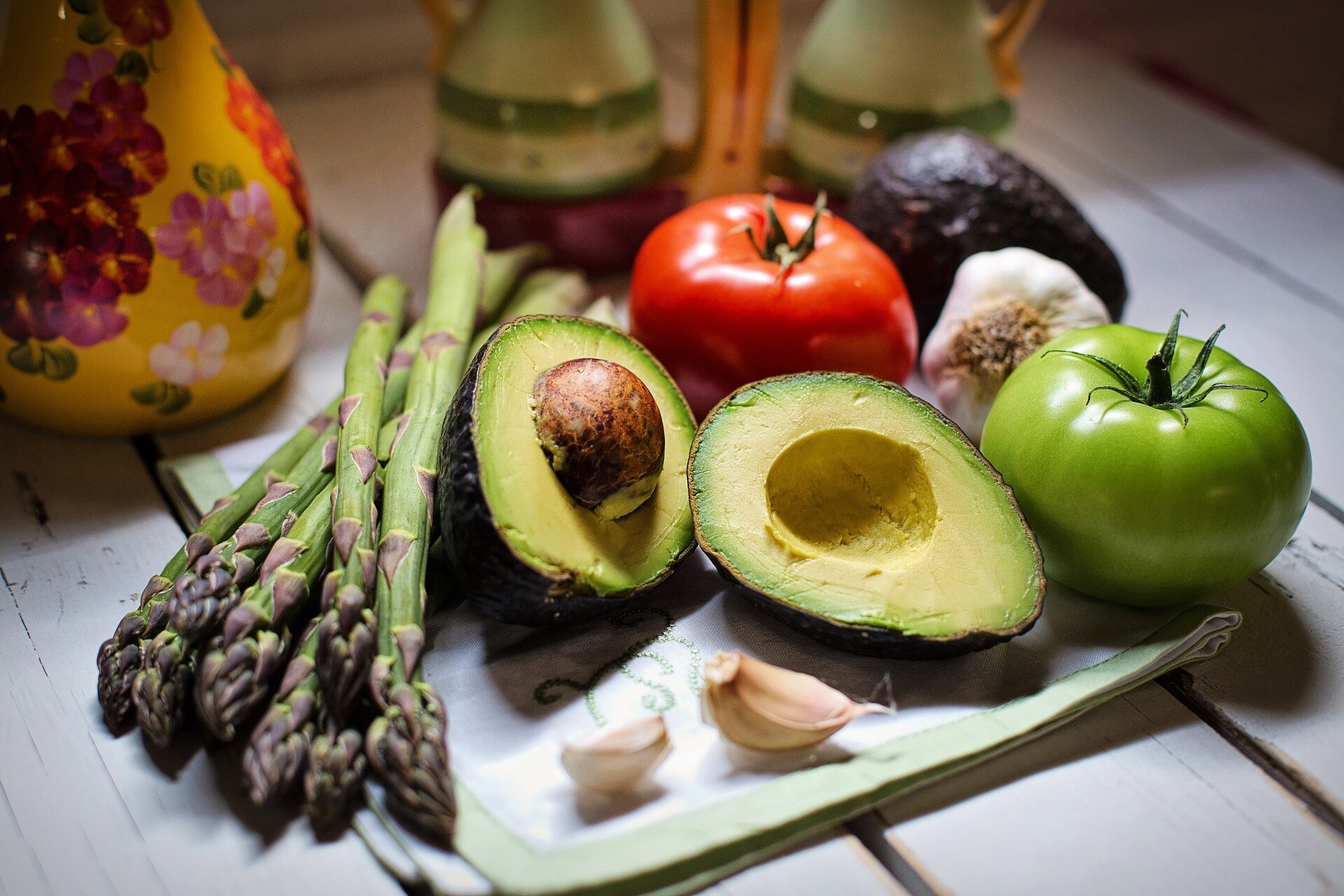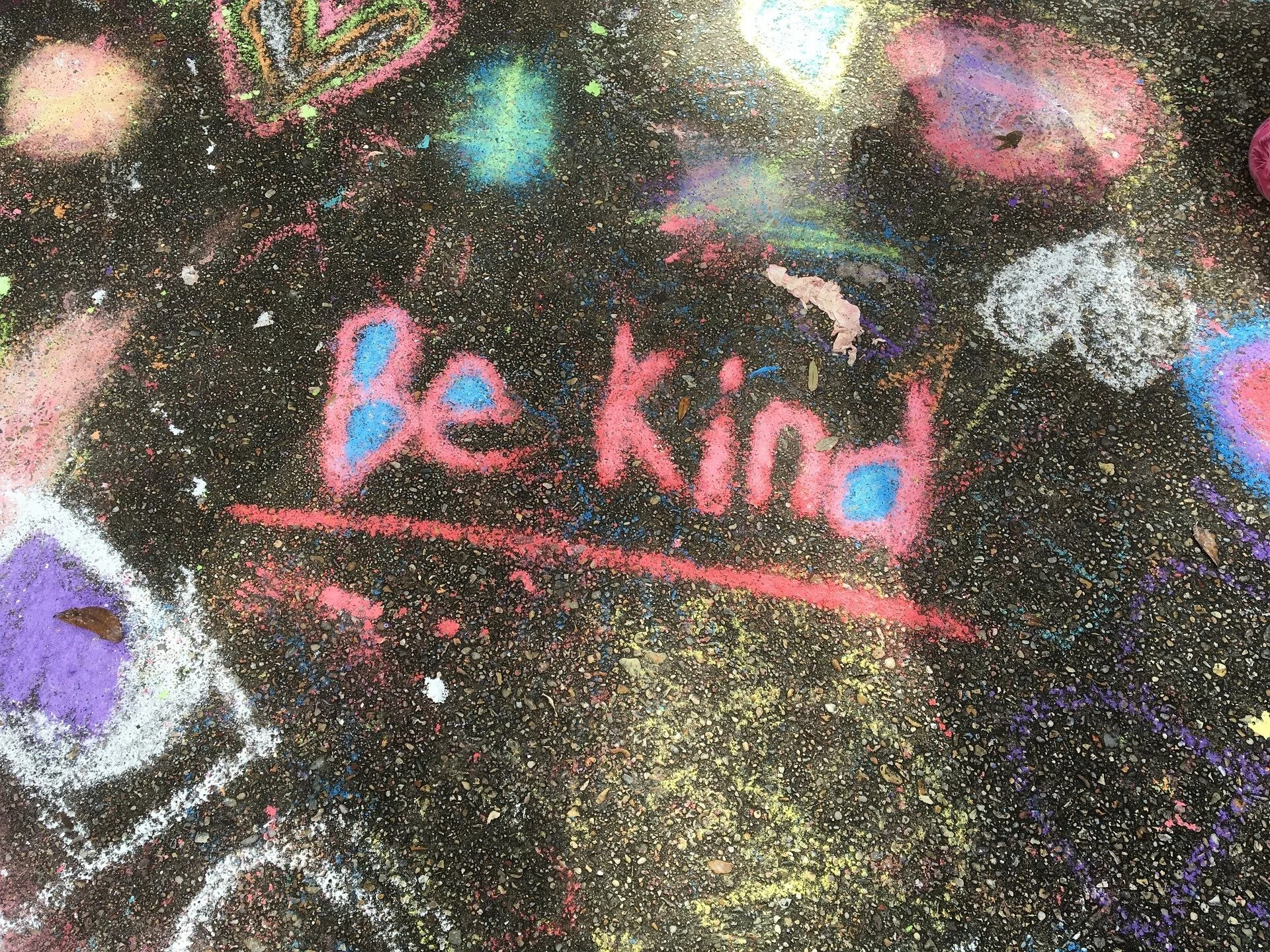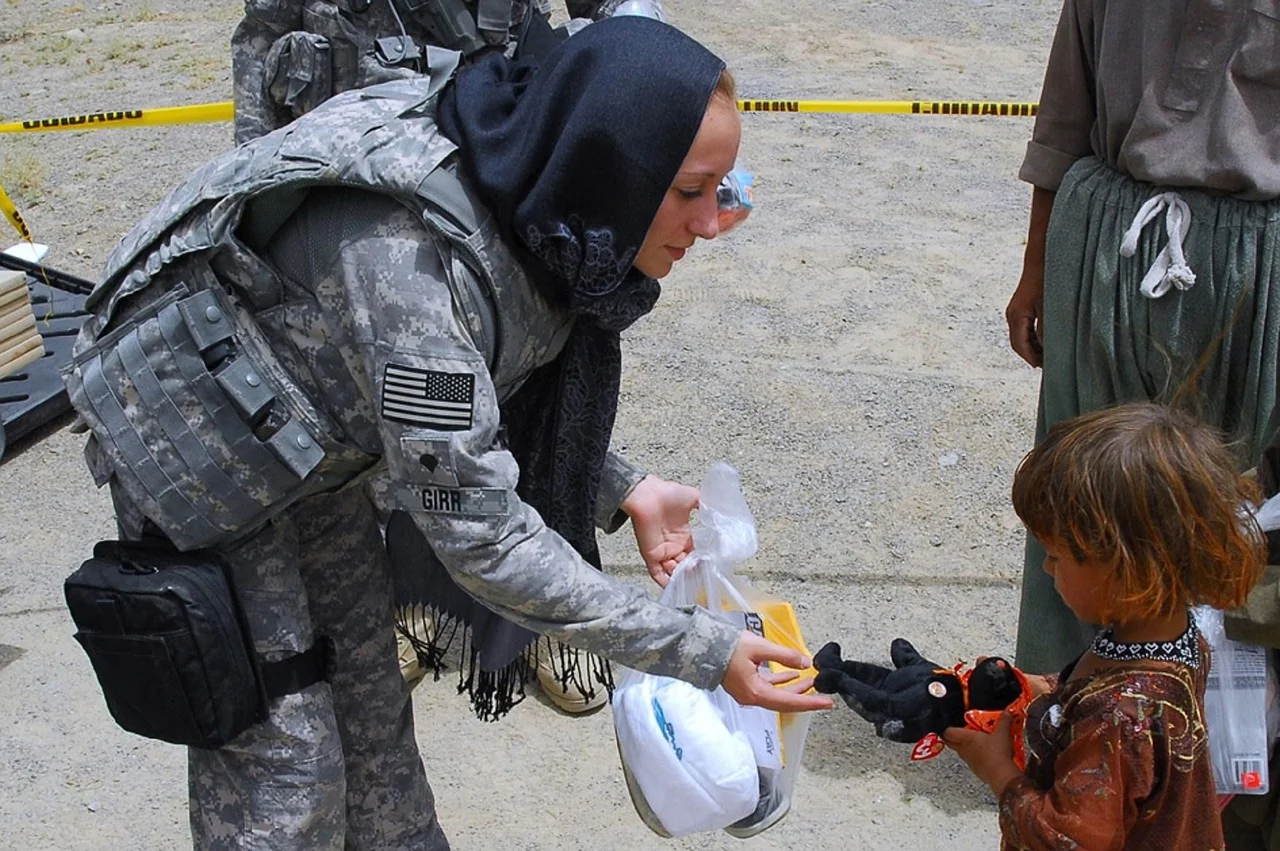He Intercedes for Us
As we slowly come to the end of Romans chapter 8, I am simply amazed at the amount of “good stuff” in this single chapter of the Bible. God’s Word is, indeed, living, active and sharp. I hope that this chapter has had a deep impact on you, as it has on me. Today we need to look at some questions.
Image by Free-Photos from Pixabay
“33 Who will bring a charge against God’s elect? God is the one who justifies;
34 who is the one who condemns? Christ Jesus is He who died, yes, rather who was raised, who is at the right hand of God, who also intercedes for us.
35 Who will separate us from the love of Christ? Will tribulation, or distress, or persecution, or famine, or nakedness, or peril, or sword? ”
The questions continue as we look at these verses.
Who will bring a charge against God’s elect?
We are living in times where the more we talk about not judging and not hating, the more we judge and hate. People are angry, upset, frustrated, sick and tired. It it so easy to want to judge. We fall into this mindset easily as we are normally prone to want to defend ourselves and our actions. However, there is only One who judges with truth and equity.
“And He will judge the world in righteousness; He will execute judgment for the peoples with equity.”
God is the one who justifies.
The definition we looked at a few weeks ago for justification reads this way, “to judge, regard, or treat as righteous and worthy of salvation.” This definition is specific to situation where salvation is needed, as in a prisoner’s salvation from the death sentence, or our salvation from eternal damnation. Only God is able to justify. He is the perfect one.
Image by Marcello Rabozzi from Pixabay
“Therefore you are to be perfect, as your heavenly Father is perfect.”
Who is the one who condemns?
We often act as though we are judge and jury, that what we say goes and there is no other alternative, but only Jesus who passed through the gates of death, walked into Hell and vaporized the chains of sin, is able to condemn.
Christ Jesus is He who dies, yes, rather who was raised, who is at the right hand of God, who also intercedes for us.
It was because of our sin, that His sacrifice was necessary. It doesn’t matter how we try to justify our actions, our words, our thoughts or our yearnings, we are sinners. Each and every one of us. The only way to get out of this bramble of thorny sin infested vines is to give our lives to Him. The reason He makes the difference, is because He rose again. Not only did He rise again, he returned to His place at the right hand of His Father, and ours, and there He intercedes for us. He speaks to His father about us.
Image by congerdesign from Pixabay
This image of Father and Son conversing over our behalf is an emotional one for me. My dad and brothers did not always see eye to eye. My dad was also not a very affectionate person towards us kids. As we got older, that changed, but growing up it was my mom that took care of us and met our emotional needs. The thought of Jesus the Son and God the Father having these talks over you and I is an amazing concept.
Who will separate us from the love of Christ?
I find it interesting that Paul asks this question, but then follows it with another question.
Will tribulation, or distress, or persecution, or famine, or nakedness, or peril or sword?
Image by Carabo Spain from Pixabay
This is not an answer to the Who will separate us, but a further questioning of the What will separate us. Will tribulation? No! Distress? No! Persecution? No! Famine? No! Nakedness? No! Peril? No! Sword? No! None of these things will separate us from Christ and no person will separate us from His love.
“The Lord appeared to him from afar, saying, “I have loved you with an everlasting love; Therefore I have drawn you with lovingkindness.”
I found this song when I was looking for something that would go with the idea that Jesus is interceding for us. It might be a little old fashioned, but the message is clear and the harmony is beautiful. Enjoy!
Next week we will finish up Romans 8. Have a great week everyone.














